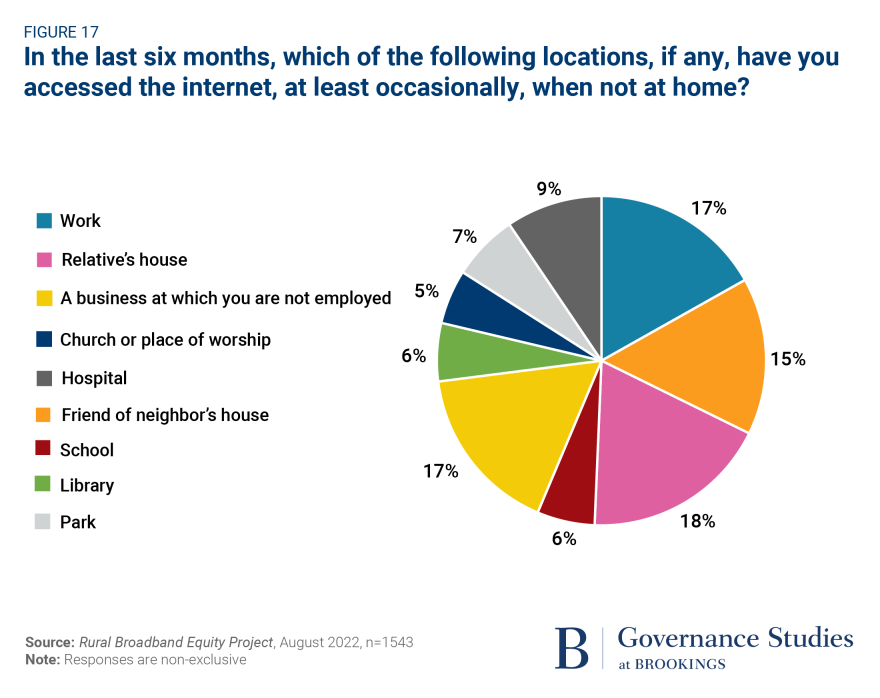Arkansas state officials are beginning the process of identifying which parts of Arkansas still don’t have access to high-speed internet. In a report by Daniel Breen, with Little Rock Public Radio, that identification report is all part of a program called BEAD, or Broadband Equity Access and Deployment, through which Arkansas is getting more than a billion dollars in federal funds.
The goal, officials say, is to get the most accurate picture of broadband access in Arkansas before starting the process of expanding access. Currently, access to high-speed internet is tracked on a map published by the Federal Communications Commission (FCC). Local governments, non-profits, and internet service providers can dispute those maps as part of what’s called the challenge process.

Officials with the Arkansas State Broadband Office say the months-long process begins this week. Challenges will be accepted until mid-April, with the process concluding in June. The existing coverage map, internet speed tests, and other information on the process is online at broadband.Arkansas.gov.
This project is part of a much larger effort by the federal government to expand broadband throughout the country. A provision in the 2021 Infrastructure Investment and Jobs Act allocated $65 billion, as part of the BEAD program. A survey from Cox Communications found that 86% of consumers, with recently available high-speed internet in previously underserved communities, say the service has improved their lives. The research also revealed that broadband access encourages 70% off respondents 30 or younger to stay in their community.

But there is still a lot of work ahead to expand broadband. According to the FCC’s definition, only 61.9% of rural households have such a connection. This includes cable, fiber optic and DSL), compared to 77.6% of non-rural households. Based on those numbers, 2.7 million households in rural communities have no internet subscription at all. The consequences of such a “digital divide” is spelled out in a Brookings Institution report that shows on average, 40% of individuals making less than $25,000 had no access to high-speed broadband.




